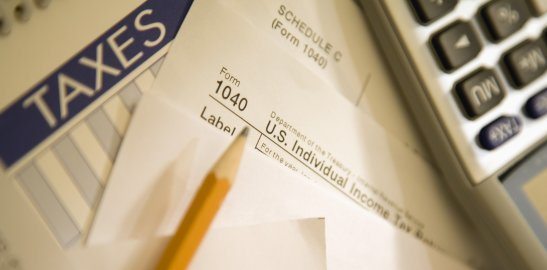Most Arizona cities and towns impose a tax on the privilege of doing business within city or town limits. Indeed, business privilege taxes are a primary source of revenue for most cities and towns.
Unfortunately, many developers do not realize that real estate development is subject to the municipal transaction privilege tax if a developer sells real estate he has improved. This tax is known as the “speculative builder tax.” It applies even when the developer hires a prime contractor to construct the improvements. Fortunately, a developer can reduce the speculative builder tax by the prime contractor charges. Still, the speculative builder tax can be substantial where the sales price of the improved real property greatly exceeds the cost of the improvements.
Here is how it works. If an owner of real property improves it himself or through others by building a structure, making improvements to land without a structure, such as paving or landscaping, or when water, power, and streets have been brought to the property line, the owner can be liable for the tax if he sells the property after making the improvements. If the improvements consist of custom, model or inventory homes, or improved residential or commercial lots without a structure, then the property is subject to the speculative builder tax whenever the property is sold. On the other hand, if the improvements are made on commercial property, the tax only applies if the property is sold within 24 months after the improvements are substantially completed.
The tax rate varies by jurisdiction. The tax rate in Phoenix is currently 1.8 percent of the sales price. However, the city council recently increased the tax rate to 2 percent. Glendale recently raised its tax rate from 1.8 percent to 2.2 percent. The Scottsdale tax is 1.65 percent, the Mesa tax rate is 1.75 percent, and the Tempe tax rate is 1.8 percent. Some smaller cities and towns in Arizona charge up to 4 percent.
Municipal tax auditors find taxable sales by comparing recent sales to the building permits that have been pulled to improve the property. Using this audit technique, it is remarkably easy for city auditors to find sales of improved real property where taxes have not been paid.
The speculative builder tax can also entangle those who are purchasing improved real property. Municipal ordinances allow the city or town to collect the speculative builder tax from a purchaser if the buyer fails to pay the tax. Likewise, foreclosure or a sale in lieu of foreclosure can trigger the tax. Thus, lenders, or those who acquire recently improved real property at a foreclosure auction, could be liable for the tax.
If you are a commercial developer, one way to avoid the tax entirely is to wait at least 24 months to sell improved commercial property. If you develop residential property, you can pass the tax on to another developer who completes the project if that second developer agrees to take on that liability. But if you don’t plan, you could subject the same project to multiple layers of taxation if the project is bought and sold during development. This is due to the fact that each person who makes improvements to real property and then sells it is liable for the tax.
The bottom line is that developers need to be aware of the speculative builder tax when they sell improved real property so they are not caught unaware when the local tax auditor comes calling.
For more information on the speculative builder tax visit, modelcitytaxcode.org.
AZ Business Magazine September 2008




